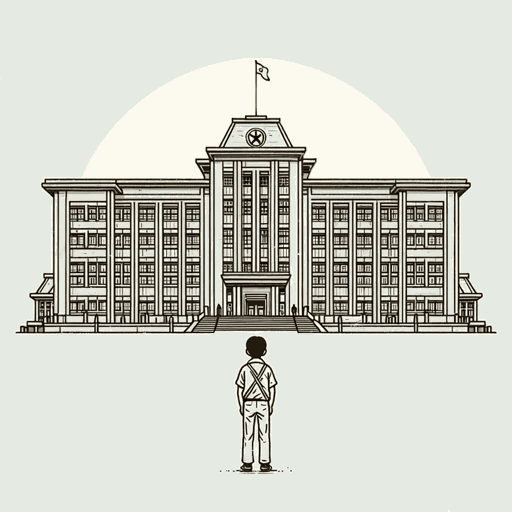48 pages • 1 hour read
Han KangHuman Acts
Fiction | Novel | Adult | Published in 2014A modern alternative to SparkNotes and CliffsNotes, SuperSummary offers high-quality Study Guides with detailed chapter summaries and analysis of major themes, characters, and more.
Background
Historical Context: The Gwangju Uprising
In 1980, Gwangju, South Korea witnessed a popular uprising known as 5.18 or the Gwangju Uprising. The uprising was a response to Chun Doo-hwan’s military coup on May 17, which established him as a military dictator and imposed martial law across South Korea. Chun’s rule involved the arrest of opposition leaders, closure of all universities, prohibition of political activities, and press censorship.
The uprising began with a student-led demonstration against the military government’s decision to close down Chonnam National University in Gwangju, and led to larger demonstrations, with thousands of citizens attending in support of human rights, labor rights, and democratization. As the protests spread, the government responded with violent force, declaring martial law, and sending in riot police and paratroopers with military weaponry to quell the uprising—leading to a violent confrontation between citizens and the military. While citizens armed themselves and weaponized everyday objects such as vehicles in defense of the city, more armed forces arrived, employing extreme and inhumane measures, wounding and killing innocent citizens in the process. The conflict resulted in a death toll estimated to be in the hundreds, although many debate that the number is likely well into the thousands.
Afterward, thousands were arrested, and for years, the South Korean government termed the conflict the Gwangju Riots, claiming it had been led by North Korean communist sympathizers.
Featured Collections
Books on Justice & Injustice
View Collection
Community
View Collection
Contemporary Books on Social Justice
View Collection
Historical Fiction
View Collection
Korean Literature
View Collection
Memory
View Collection
Mortality & Death
View Collection
Popular Study Guides
View Collection
Sexual Harassment & Violence
View Collection


